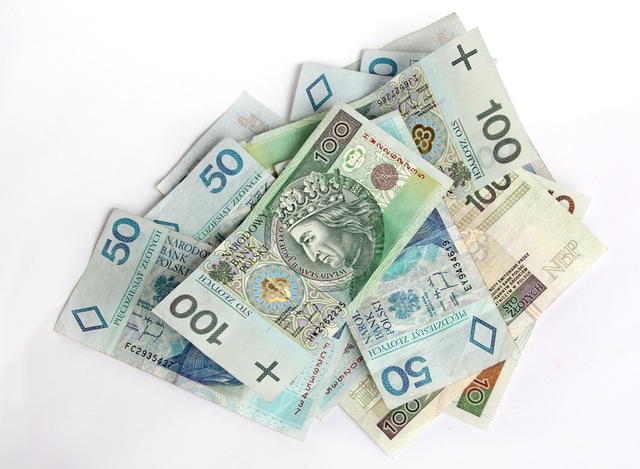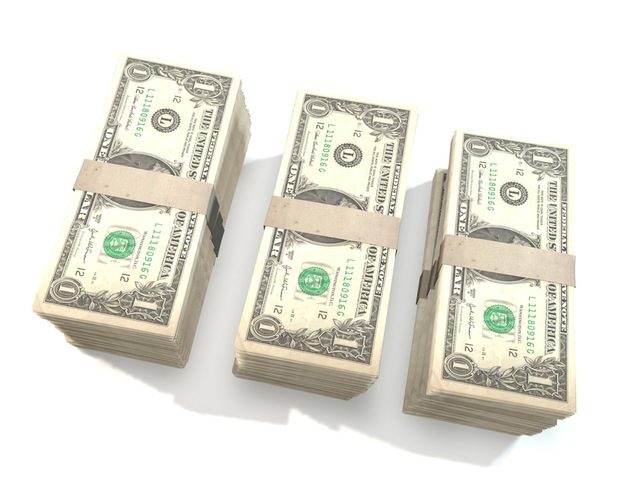Show Me The Money: Slang Expressions for Cash in Russian Posted by Maria on Apr 21, 2016 in language
As you imagine, money is as popular a subject in Russian as it is in other languages. Apart from the neutral word де́ньги, there are multiple slang ways of referring to your hard-earned cash.
There are many slang words for money in English and other languages, too; each country will have its variations, to boot. The purpose of this article is to share some of the Russian money slang, and the approximate translation of the examples may not reflect your local slang terms for money.
Капу́ста
Капу́ста literally means “cabbage,” but it is also a slang term for money. A frequent collocation is руби́ть капу́сту (“to chop cabbage”), meaning “to make money.”
Арти́сты―Де́ды Моро́зы “ру́бят капу́сту” на “корпорати́вках” и в клу́бах, е́здят по дома́м и выступа́ют на е́лках (Actors playing “Father Frost” make big money at corporate parties, in clubs, in people’s homes, and performing at New Year’s shows). [Зайцев Михаил. ЗДРАВСТВУЙ, ДЕДУШКА МОРОЗ // Труд-7, 2006.12.29]
Ба́бки
Ба́бки is the plural of ба́бка, a familiar or pejorative way of saying ба́бушка, “grandmother, old woman.” In Russian slang, ба́бки refers to money. There are several variations of this word, including бабло́ and бабо́сы.
«У кого́ «ба́бки» в карма́не, тот в а́рмию не хо́дит» (The person who has some cash in their pocket doesn’t need to serve in the military). [Светлана Алексиевич. Время second-hand // «Дружба народов», 2013] — check out our earlier post about the writer!
Зеле́ные
Зелёный is the name of the color green. Зеле́ные refers to US dollars because of the green color of the bills.
Де́ньги по росси́йским ме́ркам фантасти́ческие: большинство́ кома́нд вы́сшего дивизио́на обхо́дятся владе́льцам в 15-20 миллио́нов “зеле́ных” в год (This money is astronomical on a Russian scale — most top division teams cost their owners $15-20 million a year). [Олег Скворцов, Дмитрий Глухих, Анна Харитонова. Футбол не стоит денег (2003) // «Совершенно секретно», 2003.08.09]
Деревя́нные
Now that we’ve covered dollars, we might as well mention rubles. Rubles (рубли́) are colloquially referred to as деревя́нные, wooden. This conveys the sense of something bulky and not very valuable.
Нельзя́ сказа́ть, что сего́дня наш ру́бль ― совсе́м уж деревя́нный (You can’t really say that our ruble today is totally “wooden”). [Путевые заметки от Путина (2003) // «Московский комсомолец», 2003.01.14]
Лавэ́
Лавэ́ comes from the Romani language and also means “money.” This word used to be associated with criminal jargon.
А нас не устра́ивает, что лавэ́ еще́ не у нас (We’re not happy that we still don’t have the dough). [Алексей Грачев. Ярый против видеопиратов (1999)]
Башли́
This is another, perhaps currently less common, variation of “(a lot of) money.” This word is thought to be derived from the Turkic word for “head.”
На́до инициати́ву проявля́ть, чтобы башли́ отсте́гивали! (You need to show initiative to rake in the cash!) [Андрей Волос. Недвижимость (2000) // «Новый Мир», 2001]
For more general money vocabulary, check out our post on financial vocabulary.

Build vocabulary, practice pronunciation, and more with Transparent Language Online. Available anytime, anywhere, on any device.






Comments:
Douglas M Englund:
The word for dollars that I heard most often in Moscow was баксы.
Maria:
@Douglas M Englund That’s a great addition, Douglas. This word is widely recognized.